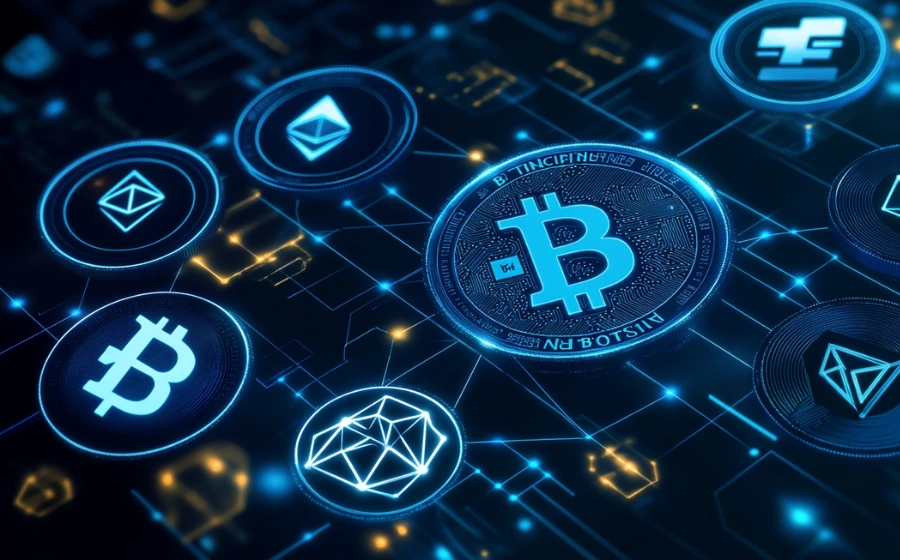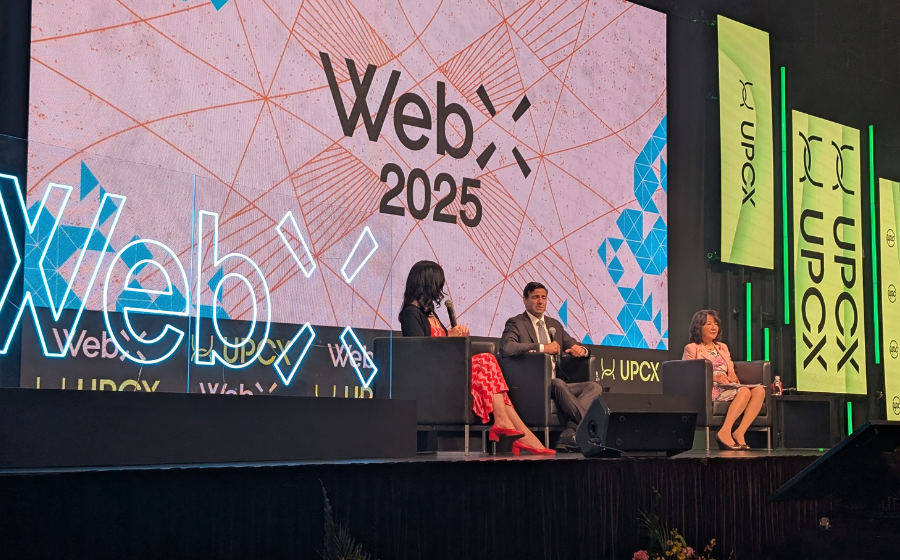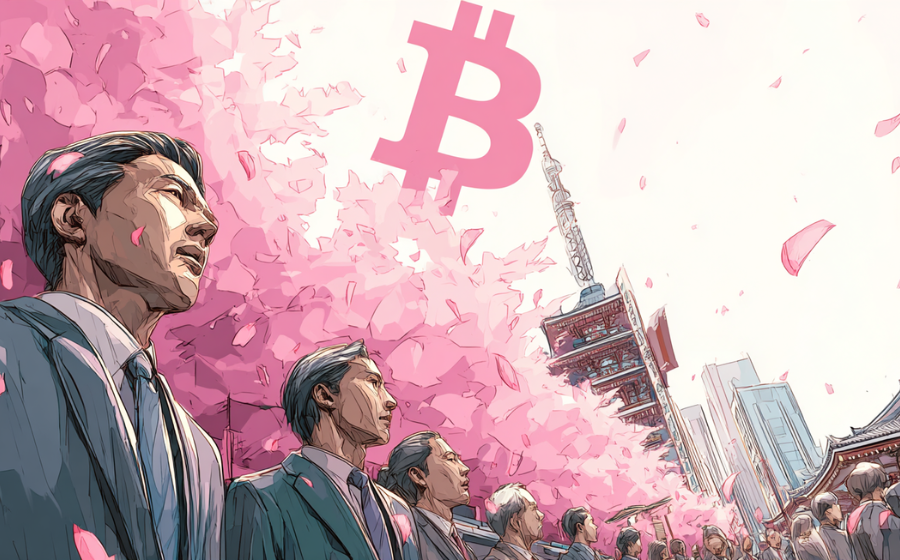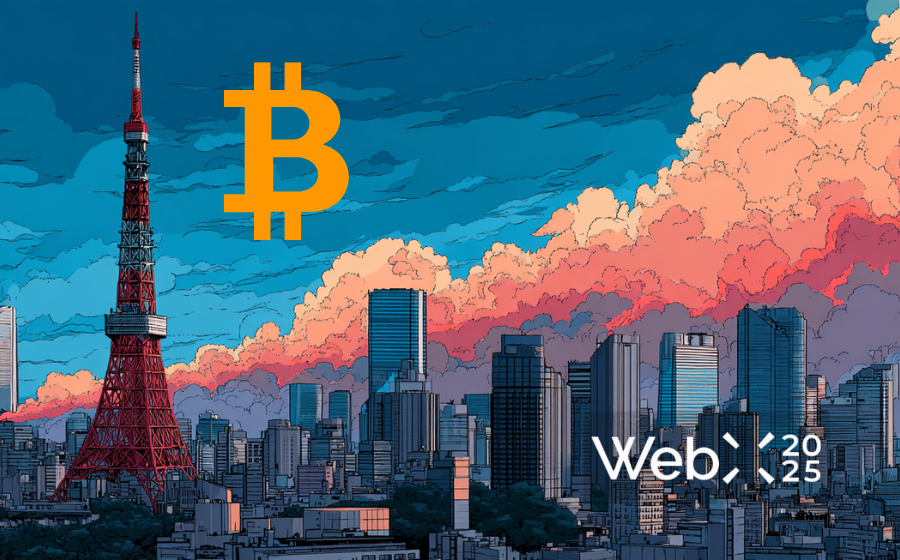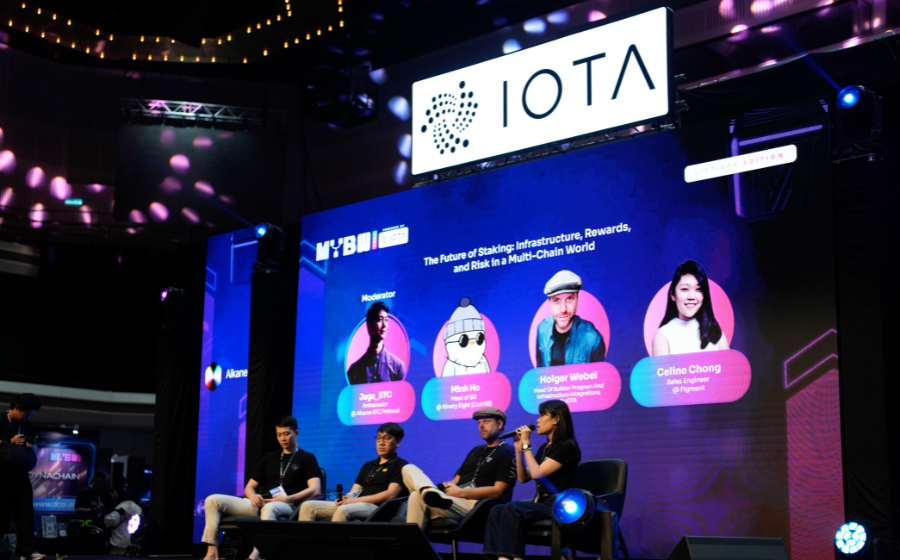
KEYTAKEAWAYS
- IOTA, a nonprofit crypto project, builds global trade trust via DAG and Move language, prioritizing regulatory compliance and government partnerships for mass adoption.
- For eight years, IOTA has collaborated with governments like Kenya and the UAE, using Move-compatible smart contracts to become a trusted trade data standard.
- IOTA’s nonprofit model and legal focus enable government trust, targeting 30 countries in five years to establish a global trade data and finance trust layer.

CONTENT

This article is based on an interview conducted by the CoinRank team with KO-WEI, IOTA’s Asia Ecosystem Lead.
A firm believer in the technological singularity and the ideals of libertarianism, KO-WEI currently leads IOTA’s ecosystem development in Asia, fostering tangible, real-world partnerships with governments, developers, and enterprises.
Unlike many hype-driven crypto projects that flare up and fade away, IOTA has chosen a steadier, long-term path — steering away from pure speculation and focusing instead on deeply integrating blockchain into the foundations of global trade infrastructure.
CORE CONCEPTS AND TECHNOLOGY EVOLUTION
As one of the long-standing blockchain projects in the crypto industry, IOTA has followed a very unique path. Unlike many public chains that rely on speculative hype, IOTA has focused for years on building strong government relationships and promoting industry standards, aiming to bring crypto technology into large-scale use instead of keeping it at the level of financial speculation.
One of the core ideas of the IOTA Foundation is that the blockchain data structure is not the final form of crypto technology. In the early days, the project used a DAG structure called “Tangle”.In 2024, instead of developing a new DAG smart contract system from scratch, the foundation decided to adopt and be compatible with the Move language and architecture built by Mysten labs. This mainnet upgrade in 2025 meant that IOTA would no longer stick to the “Tangle” name, but evolve into a DAG network structure compatible with Move VM smart contract.

The foundation believes that to achieve “Mass Adaptation” of crypto technology, it must move toward “World Adaptation.” This path cannot avoid existing trust systems and regulators. Therefore, since 2017, IOTA has placed high priority on working with regulators and has stressed that any official application cannot bypass regulatory frameworks.
STRATEGIC SHIFT FROM INTERNET OF THINGS TO TRADE LOGISTICS
The name “IOTA” comes from the Internet of Things (IoT), and in its early years, the project did focus on partnerships with car manufacturers, smart home appliance makers, and others. However, IoT adoption did not grow as fast as expected, and the lack of international standards meant that companies had to follow government standards when working together.
IOTA gradually realized that to drive real-world adoption, it had to deeply embed itself into one industry and become its technical standard, allowing other companies to build products on top of it.

This thinking led IOTA to shift its strategic focus from IoT to trade logistics — an old but massive industry. In this field, companies like Costco and IBM have tried to solve global trade tracking, but because such efforts were led by a single company, rival companies often refused to join.
This resulted in many fragmented databases and no unified standard. IOTA believes that the value of crypto technology lies in enabling large-scale collaboration. More participants should be brought onto one blockchain, rather than having hundreds of isolated blockchains working separately.
BUILDING GOVERNMENT TRUST AND GLOBAL DEPLOYMENT
In promoting cooperation in trade logistics, IOTA’s non-profit foundation structure has played a key role. The foundation is based in Berlin, Germany, making it one of the few such organizations within the EU. This is different from most crypto foundations, which are set up outside the EU, such as in Switzerland.
This non-shareholding, non-company structure removes concerns for many governments — adopting the technology would not make a specific company’s stock price rise, avoiding unequal benefit distribution.
In 2018, the IOTA Foundation was successfully registered in Berlin, becoming the only one of its kind within the EU. This won the first wave of trust from European institutions. This ensures that all collaborations are legal and compliant. Such focus and investment in compliance are far beyond what most public chains do.

IOTA’s government cooperation now spans multiple regions. In East Africa, since 2021, the foundation has been driving trade logistics digitalization in Kenya. For example, fishermen and farmers can now put their trade documents on-chain, greatly improving tracking and verification efficiency and avoiding problems like fish going bad due to document delays. These projects have helped local economies skip traditional digitalization and move directly to blockchain-based records.
In the UK, IOTA has a large team and has the support of the Tony Blair Institute. The full production rollout in the UK is likely before the end of 2025. Since UK trade laws influence many Commonwealth countries (such as Malaysia and Singapore), this layout will help IOTA extend its reach to more countries.
In the Middle East, IOTA entered Abu Dhabi in 2023, becoming the first public chain foundation to be compliant within the Abu Dhabi Global Market (ADGM). To show commitment to cooperation, the foundation announced a reserve of $100 million worth of IOTA tokens.
Abu Dhabi has close trade ties with Kenya in raw material processing, and IOTA’s projects in Kenya also helped it enter the Abu Dhabi market. Notably, IOTA obtained Islamic finance certification recognized by the UAE in 2024, laying the groundwork for future products in Islamic markets such as Malaysia.
TECHNOLOGY DEPLOYMENT
On the technology side, IOTA has demonstrated several applications. For example, in electric vehicle battery lifecycle tracking, it showed the EU how to record the entire process from production to recycling on-chain and store it as NFTs to support ESG compliance. For data storage and compliance, IOTA puts key verification data (such as fingerprints and weight) on-chain, while storing sensitive commercial documents off-chain. Data can also be deleted when necessary to meet GDPR and other regulations.
In trade finance, IOTA aims to use accumulated trade data to expand into areas such as tokenized invoices and tokenized critical minerals (like rare metals), with pilot programs planned in Singapore and East Africa. Although IoT is no longer its main focus, IOTA still integrates IoT elements in trade tracking, such as using sensor-enabled containers to track cargo location, weight, and temperature, and to remotely control doors, ensuring full integrity from origin to port.
GLOBAL STRATEGY AND REACHING USERS
IOTA’s global strategy is gradual. In international standard-setting, it co-founded the Twin Foundation with the World Trade Forum and TradeMark Africa to promote open API standards, enabling governments to connect and store data on the IOTA blockchain.

In Indonesia, it focuses on real-world assets (RWA) as the government has started to value them. In Malaysia, IOTA sees it as a key talent hub, using its low cost of living and proximity to Singapore’s financial center, combined with its Islamic finance certification, to promote trade finance while building a developer community through hackathons.
In Northeast Asia, South Korea is a major source of IOTA’s trading volume, sometimes exceeding Binance. IOTA plans to explore trade logistics cooperation with Korean companies or the government and may use Korea’s strength in financial transactions to develop trade finance products.
To connect with ordinary users, IOTA also offers basic DeFi products like staking, liquid staking, DEX, and lending protocols. While its DeFi ecosystem will not be as complex as some public chains, in the future, when RWA products (such as rarecritical minerals and trade finance products) go live, IOTA plans to combine them with these on-chain finance functions as ‘RWA-Fi’ so that everyday users can take part in the global trade blockchain process.
Overall, IOTA relies on its non-profit foundation structure, strong focus on compliance, deep government partnerships, and steady progress in trade logistics and finance to build a global trust layer and standard for trade data, while steadily expanding its ecosystem’s influence.









